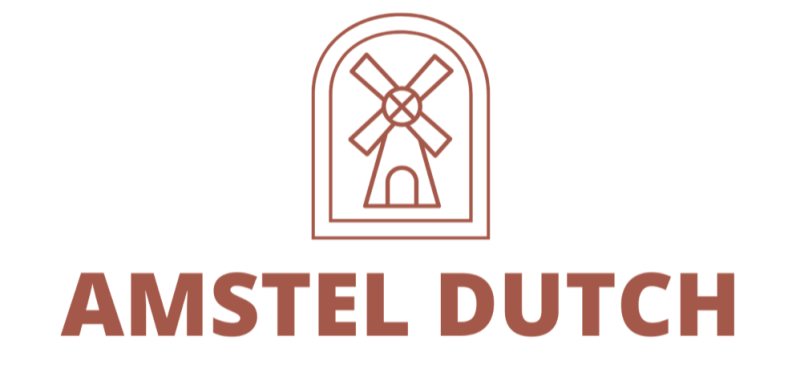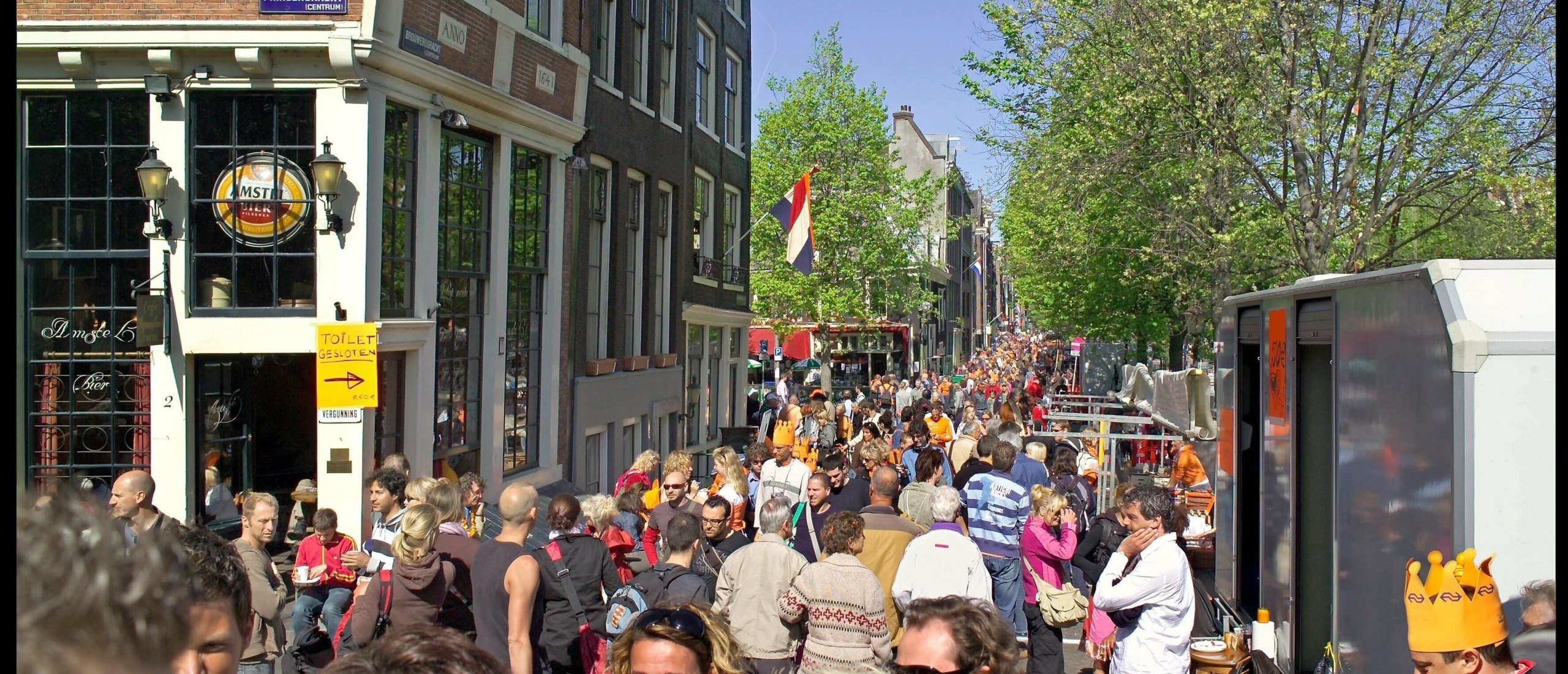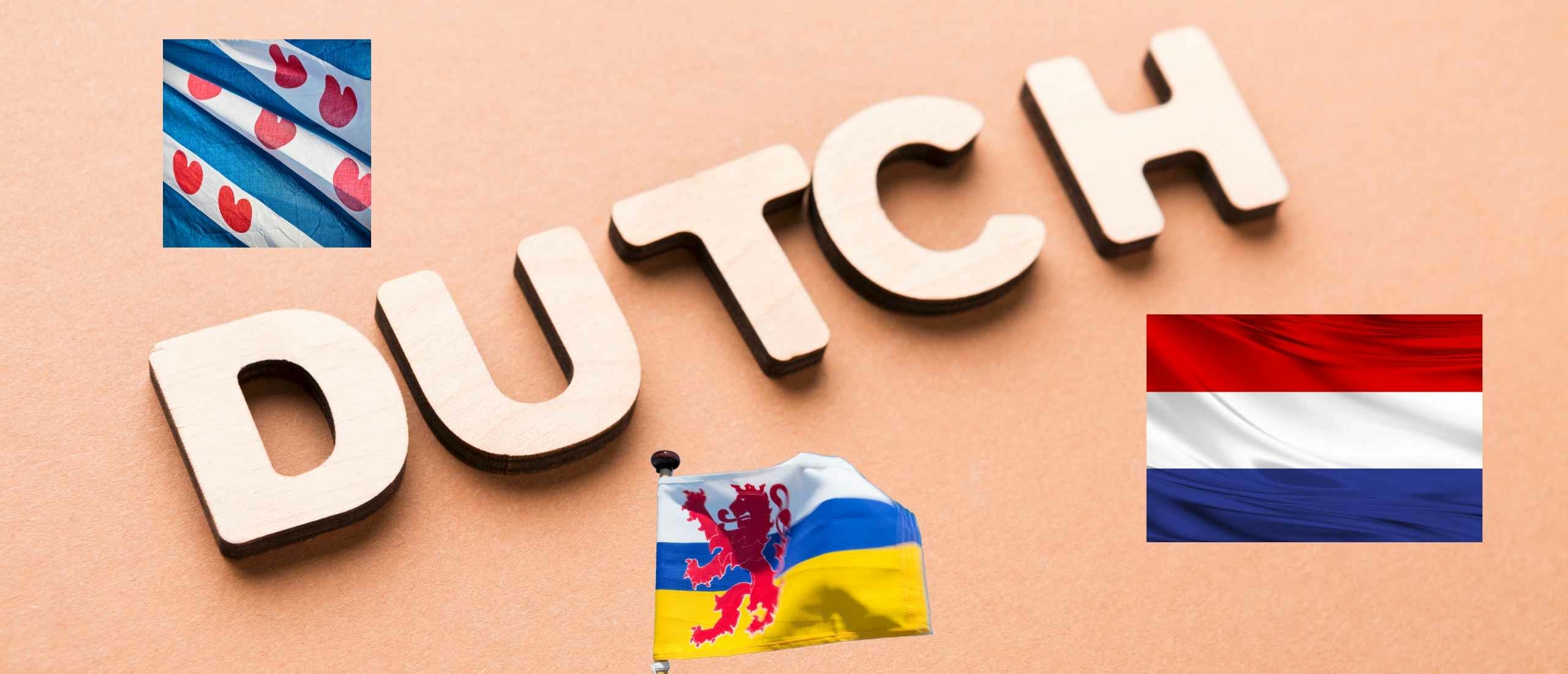
Unveiling the Dutch Culture: Understanding the Netherlands Through Its Language
The hidden cultural elements of the Netherlands: Understanding the Dutch through language
Living in the Netherlands is an adventure filled with unique cultural nuances, many of which are woven into the Dutch language. As an expat, cracking these hidden codes can greatly enrich your experience and help you feel at home faster. Whether you’ve just landed or have been here for a while, diving into these insights will be both fun and enlightening.
The directness of dutch language
One of the first things you’ll notice about Dutch culture is its directness. The Dutch are known for saying things as they are, without much beating around the bush. This straightforwardness is also reflected in their language. Conversations often get straight to the point, without many pleasantries. This might initially come across as blunt, but it’s intended to promote efficiency and honesty in communication.
Example: Instead of saying, “Could you please finish this report when you have time?”, a Dutch person might simply say, “Can you finish this report today?”
The use of diminutives
Diminutives are another unique aspect of the Dutch language. They are not only used to make things literally smaller but also to express a sense of coziness and friendliness. This is a significant part of Dutch culture, where ‘gezelligheid’ (a term that encompasses coziness, conviviality, and a general sense of well-being) is highly valued.
Example: The word for ‘cup’ is ‘kop’, but you’ll often hear ‘kopje’, which makes it sound more endearing and cozy.
The power of “Doe maar gewoon”
The phrase “Doe maar gewoon, dan doe je al gek genoeg” roughly translates to “Just act normal, that’s crazy enough.” This saying embodies a fundamental aspect of Dutch culture: the preference for normalcy and modesty over flamboyance or showing off. In language, this translates to a preference for clear, simple communication without excessive embellishment.
Example: In the Netherlands, it’s more common to hear straightforward statements like “I did well on the project,” rather than something more boastful.
The importance of context in communication
Dutch communication often relies on context and shared understanding. This means that a lot of meaning is derived from the situation rather than explicit statements. For expats, this can sometimes make Dutch conversations seem vague or indirect if you’re not tuned into the cultural context.
Example: A Dutch colleague might say “It’s a bit busy,” which can mean anything from slightly hectic to extremely overwhelming, depending on the context.
Embracing informality
The Dutch tend to have an informal approach to communication, even in professional settings. Titles and formalities are often dropped, and people are typically addressed by their first names. This reflects the Dutch value of equality and approachability.
Example: In a business meeting, it’s common to address your manager by their first name rather than using a title like ‘Mr.’ or ‘Ms.’
Tips for expats
Learn the basics: Understanding and using basic Dutch phrases can go a long way in helping you integrate and feel more comfortable.
Observe and adapt: Pay attention to how your Dutch colleagues and friends communicate and try to adapt your style accordingly.
Ask for clarification: If you’re unsure about the meaning or the directness of a statement, don’t hesitate to ask for clarification. The Dutch appreciate honesty and openness.
By embracing these hidden cultural elements of the Dutch language, you’ll find yourself more at ease and better equipped to navigate life in the Netherlands. Remember, it’s all part of the journey to feeling truly at home in your new country.
Start your Dutch Journey this summer!
I’m Jamila, the owner of Amstel Dutch. With years of experience in teaching Dutch to expats, I understand the challenges and rewards of learning a new language in a foreign country. My team and I are dedicated to providing you with the best learning experience, helping you feel at home in the Netherlands.

Looking to immerse yourself in the Dutch language and culture this summer (July & August)? Join our intensive summer courses at Amstel Dutch. Our tailored programs are designed to help you rapidly improve your Dutch skills in a welcoming and supportive environment. Connect with fellow expats and make the most of your time in the Netherlands.
Learn more and enroll today!











